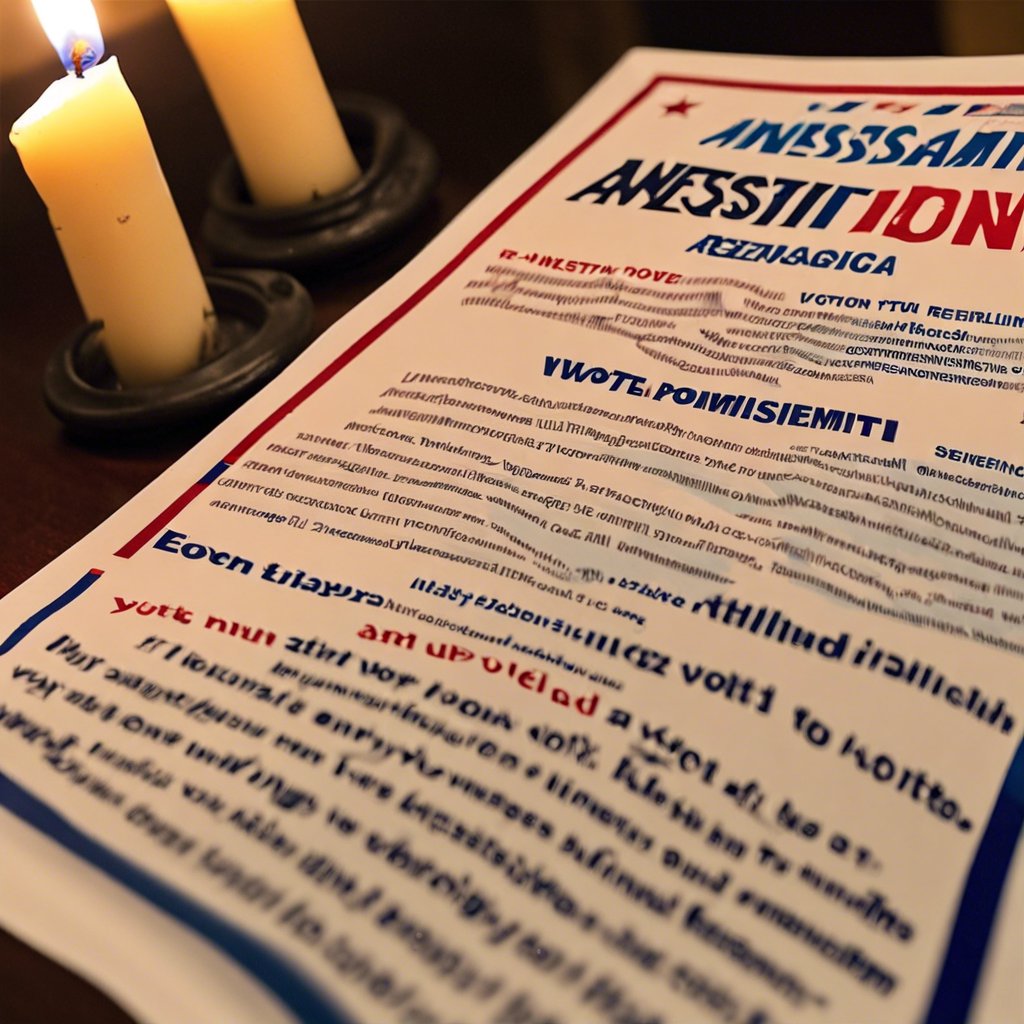The Complex Landscape of American Jewish Political Sentiment
For many American Jews, the prospect of Pennsylvania Governor Josh Shapiro as a potential running mate for Vice President Kamala Harris elicited a wave of optimism. This excitement was perceived as a much-needed remedy for the feelings of alienation and frustration that have grown amid a surge of anti-Israel sentiment and a troubling rise in antisemitism. However, this hopeful narrative took an unexpected turn, as the process concluded as abruptly as it had begun, leaving numerous Jewish Democrats grappling with a deepened sense of anxiety.
Their unease was not rooted in Ms. Harris’s eventual selection of Gov. Tim Walz of Minnesota, an amiable Midwesterner with strong connections to the Jewish community in his state. Instead, it stemmed from an activist-driven campaign that targeted Mr. Shapiro, who is Jewish. For many, this situation brought to light—or perhaps intensified—existing fears regarding the presence of antisemitism within left-leaning circles.
Historically, Jews have been a steadfast Democratic constituency, with loyalty tracing back to at least the 1930s. However, the past ten months have been extraordinarily challenging, particularly following the Hamas-led attack on Israel on October 7, Israel’s intense military retaliation in Gaza, and the subsequent explosion of antisemitic incidents. These events have prompted some to warn that ties between the Jewish community and the Democratic Party may be experiencing strain.
Concerns escalated during the vice-presidential selection process, as left-leaning activists criticized Mr. Shapiro, perceiving him as overly sympathetic to Israel and excessively critical of campus protests regarding the Gaza conflict. These criticisms often extended beyond foreign policy, touching on other aspects of his political stance. Supporters of Mr. Shapiro argued that his views on the Middle East aligned with mainstream Democratic perspectives, similar to those held by other leading candidates, who happened to be non-Jewish.
“There’s a kind of suspicion that was in the back of our minds, and it’s creeping more to the center of our minds, that maybe it had something to do with the Jewishness of Governor Shapiro,” observed Rabbi Ammiel Hirsch, who leads the Stephen Wise Free Synagogue on Manhattan’s liberal Upper West Side. He emphasized that he was not critiquing Ms. Harris’s choice. (As a clergy member, he refrained from sharing his personal electoral views.)
“Even if it didn’t,” he continued, highlighting his concerns about rising antisemitism and anti-Zionism, “that perception is not healthy for the Democratic Party, and it is not healthy for the well-being of the American polity.”

















